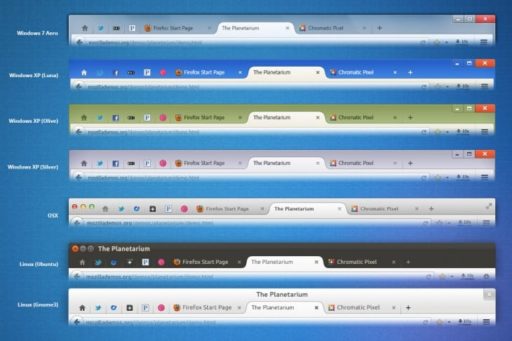In the past, it has frequently been suggested that ISPs could be persuaded to block internet porn at the behest of the government. UK strived to garner mass support to go forth with such an option but the respondents didn’t exactly support the suggestion leaving the campaigning MPs rather disappointed.
Claire Perry led the campaign to gather the opinion of professionals, tech personnel, academics and activists as well as parents. In all, the campaign included the responses of 3500 people of which 757 were the responses from parents. The entire consultation process lasted for 10 weeks.
However, much to the surprise and chagrin of the MPs behind the campaign, the majority of the respondents didn’t support an automatic ban on internet porn. Of all, only 35% weighed in for such a ban whereas another 15% wanted only certain explicit content to be filtered.
Talking about the responses to her campaign, Mrs. Perry said, “Clearly that was not the preferred choice of the 3,500 people who responded to the consultation and we have to base policy on what’s been received not what we want.”
The opt-in feature that the MP proposed would have blocked all internet porn across an ISP. Anyone wanting to access the adult content would then have to explicitly request the ISP to unblock that content.
A report citing the progress of the campaign also cited that such sweeping blocking could’ve also led to the issue of over-blocking, “There is also a risk from ‘over-blocking’ – preventing access to websites which provide helpful information on sexual health or sexual identity, issues which young people may want information on but find difficult to talk to their parents about.”
One of the rather positive outcomes of the campaign is that the government has stressed on ISPs to encourage parents to use parental controls more actively and to verify the age of the person setting those controls. This, Mrs Pretty hopes, can still significantly help save younger lot from accessing such content.
Source:UK Gov
Courtesy:BBC
[ttjad keyword=”chrome-laptop”]



